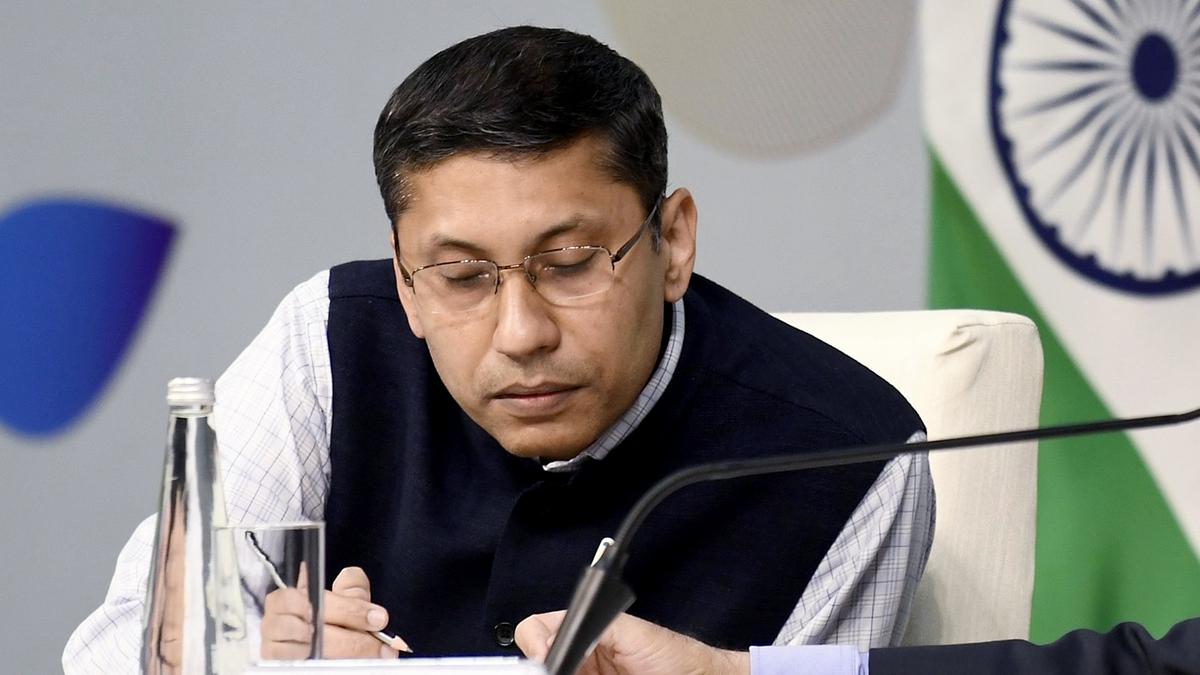
Hardeep Singh Nijjar killing | No specific information shared by Canada, says India
The Hindu
India responds to Canadian Prime Minister Justin Trudeau’s claim that Canada had shared with India “many weeks ago” evidence that it might have been behind the killing of the Khalistan separatist Hardeep Singh Nijjar killing on Canadian soil.
“No specific information has been shared by Canada on the [Hardeep Singh Nijjar killing case], either then or before or after... We have, you know, as we have said, or I think we have made very clear, we are willing to look at any specific information,” the Ministry of External Affairs said on September 23.
“We have conveyed this to the Canadian side and made it clear to them that we are willing to look at any specific information that is provided to us. But so far we have not received any such specific information,” MEA spokesperson Arindam Bagchi said in New Delhi.
India’s response came after Canadian Prime Minister Justin Trudeau on September 22 claimed that Canada had shared with India “many weeks ago” evidence that it might have been behind the killing of the Khalistan separatist on Canadian soil.
“Canada has shared the credible allegations that I talked about on Monday with India. We did that many weeks ago...We hope that they engage with us so that we can get to the bottom of this very serious matter. That’s important,” Mr. Trudeau said on September 22 in a press conference with the visiting Ukrainian President Volodymyr Zelenskyy.
“And what we are asking is for India, to commit constructively with Canada to establish the facts on this situation. We’re there to work with them. And we have been for weeks now,” Mr. Trudeau said in response to a question.













